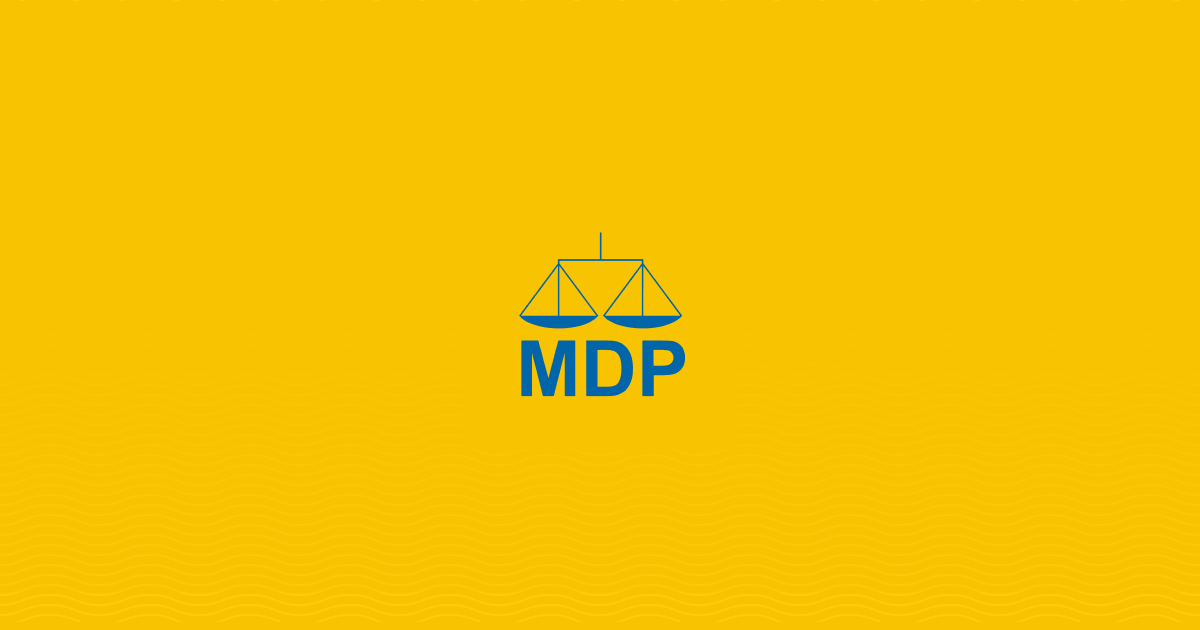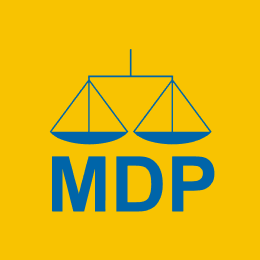Maldives Democratic Party
އެންމެ ފަސް

ނޫސް ބަޔާން
1st Dec 2026
ތަރައްޤީއަށް ހުރަސް އަޅަނީ ކައުންސިލްތަކުން ކަމަށް ރައީސުލްޖުމްހޫރިއްޔާ ވިދާޅުވި ވިދާޅުވުން ކުށްވެރި ކުރުން

އިއުލާން
21st Jan 2026
ދާއިމީ ނަތީޖާ - ލޯކަލް ކައުންސިލް އަދި އަންހެނުންގެ ތަރައްޤީއަށް މަސައްކަތްކުރާ ކޮމިޓީ ޕްރައިމަރީ އިންތިޚާބު 2026
ވޮލަންޓިއަރ ކޮށްލައްވާ
ޕާޓީގެ އެކު ގައުމުގެ ކަންތައް އެކުގައި ކުރިއެރުވުމައް ޕާޓީއައް އެހީވުމަށް ޕާޓީއައް ވޮލަންޓިއަރ ކޮއްލައްވާ
ވޮލަންޓިއަރ

ފަހުގެ ޚަބަރު
ފަހުގެ ނޫސް ބަޔާންތައް
ނޫސް ބަޔާން
1st December 2026
ތަރައްޤީއަށް ހުރަސް އަޅަނީ ކައުންސިލްތަކުން ކަމަށް ރައީސުލްޖުމްހޫރިއްޔާ ވިދާޅުވި ވިދާޅުވުން ކުށްވެރި ކުރުން
ނޫސް ބަޔާން
3rd January 2026
އިންތިހާބަށް ނުފޫޒު ފޯރުވުމަށް ތުޅާދޫގެ ހައުސިންގ ޔުނިޓްތައް ދޫކުރަން ސަރުކާރުން ކުރަމުން އަންނަ ކަންކަން ހުއްޓައިލުމަށް ގޮވައިލުން
ފަހުގެ އިއުލާނުތައް
އިއުލާން
21st January 2026
ދާއިމީ ނަތީޖާ - ލޯކަލް ކައުންސިލް އަދި އަންހެނުންގެ ތަރައްޤީއަށް މަސައްކަތްކުރާ ކޮމިޓީ ޕްރައިމަރީ އިންތިޚާބު 2026
އިއުލާން
18th January 2026



